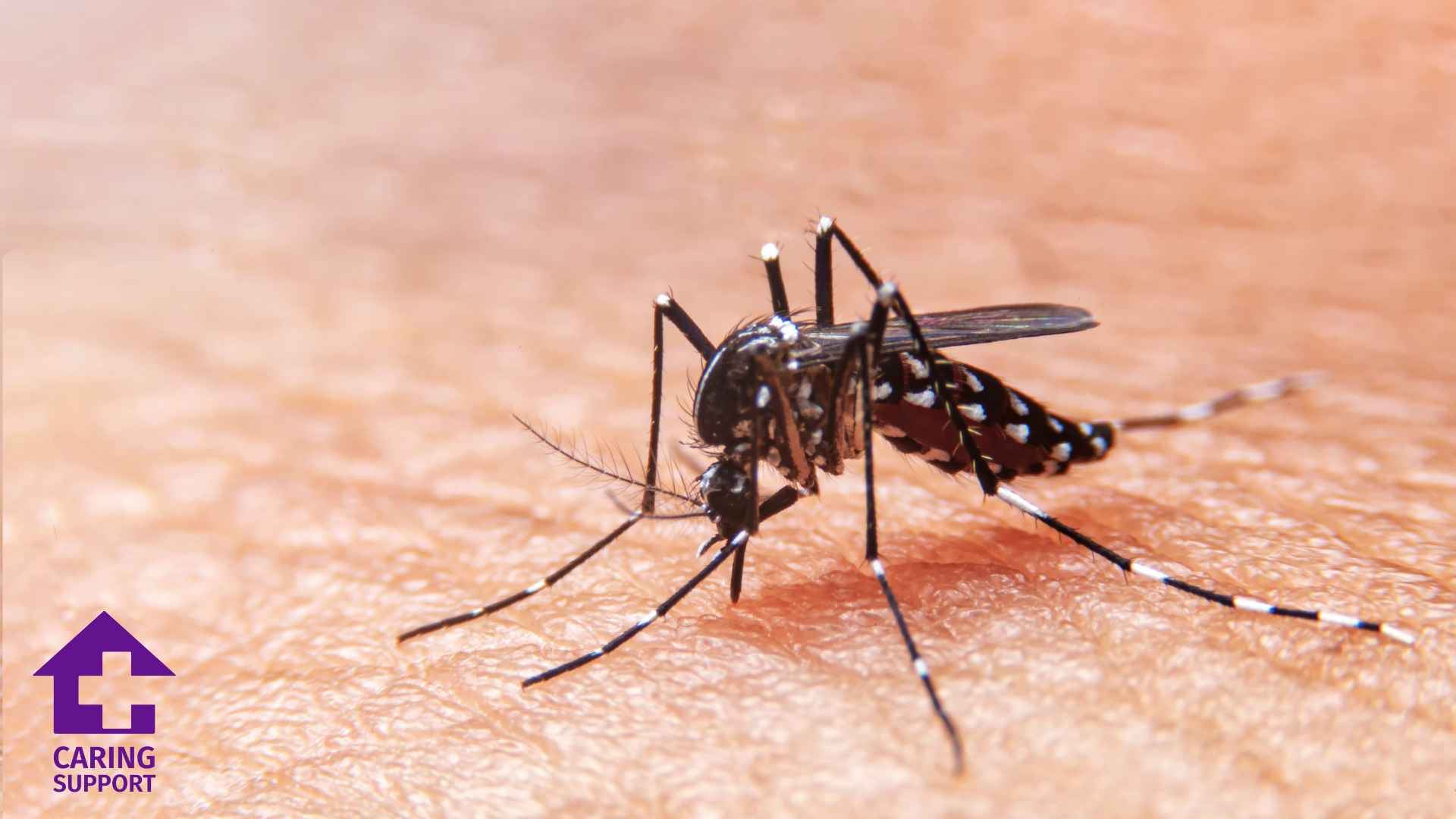
A new report shows over one-third of Ontarians waited more than a month to see a specialist, and 34% were dissatisfied. Delays led to stress, pain, and health deterioration for many. Experts call for a centralized referral system to streamline access and improve patient outcomes.

An adult in Toronto has contracted West Nile virus without travel, marking Canada’s first local case in 2025. Spread by mosquito bites, symptoms vary from mild flu-like illness to severe neurological complications. There’s no vaccine—prevention relies on insect repellent, long clothing, and eliminating standing water.

A decade-long study in Denmark found that intense grief increases long-term mortality risk. Nearly 27% of participants with high grief symptoms died within 10 years, compared to 7% with milder grief. Prolonged grief can trigger serious health issues, highlighting the need for early mental health support for bereaved individuals.

The U.S. POINTER study found that structured lifestyle interventions — like exercise, a brain-healthy diet, socializing, and vital sign monitoring — can delay cognitive aging by up to two years. Participants reported improved well-being and cognitive function, showing that moderate, consistent lifestyle changes can protect brain health over time.

An MIT-led global study found that neighborhoods with high obesity rates often have restaurant menus filled with ultra-processed, low-nutrient foods. Wealthier areas offered healthier options. Researchers suggest this trend likely applies to Canada too, highlighting the importance of improving food environments to combat diet-related health disparities.

AHA’s Life’s Simple 7—diet, exercise, weight, smoking, sleep, blood pressure, cholesterol, and sugar—impacts total body health. Even minor lifestyle improvements reduce risks for dementia, liver disease, and more. Experts emphasize that it’s never too late to start. Supporting young people and women is key to long-term health equity.
We'll keep you updated on all new application updates and features!